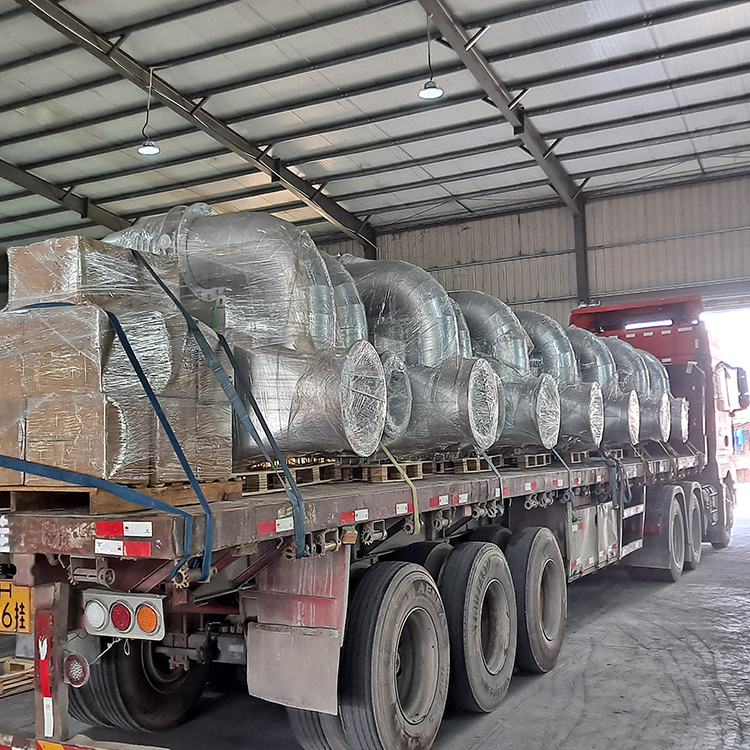A biogas generator is a device used to convert organic waste materials, such as biogas generator is a device used to convert organic waste materials, such as agricultural and animal manure, food waste, and other organic materials, into usable energy in the form of biogas. The biogas produced by the generator can be used for heating, cooking, electricity generation, and transportation fuel.
The process of biogas generation involves several steps:
Collection of organic waste materials: Organic waste materials are collected from various sources, such as farms, households, and food processing plants.
Feeding the organic waste materials into the generator: The organic waste materials are fed into the generator, where they are mixed with water and microorganisms that help break down the organic matter.
Anaerobic digestion: In the anaerobic digestion process, the organic matter is broken down by bacteria and other microorganisms in the absence of oxygen. This process produces biogas, which consists primarily of methane (CH4) and carbon dioxide (CO2).
Biogas purification: The biogas produced by the generator contains impurities such as hydrogen sulfide (H2S), carbon monoxide (CO), and nitrogen (N2). These impurities must be removed before the biogas can be used for any application.
Use of biogas: The purified biogas can be used for various purposes, such as heating homes and buildings, generating electricity, or powering vehicles.
Biogas generators have many benefits, including reducing greenhouse gas emissions, providing renewable energy, and reducing the amount of organic waste that ends up in landfills. They are commonly used in rural areas of developing countries where access to electricity and other forms of energy is limited.
Post time: Nov-18-2023

